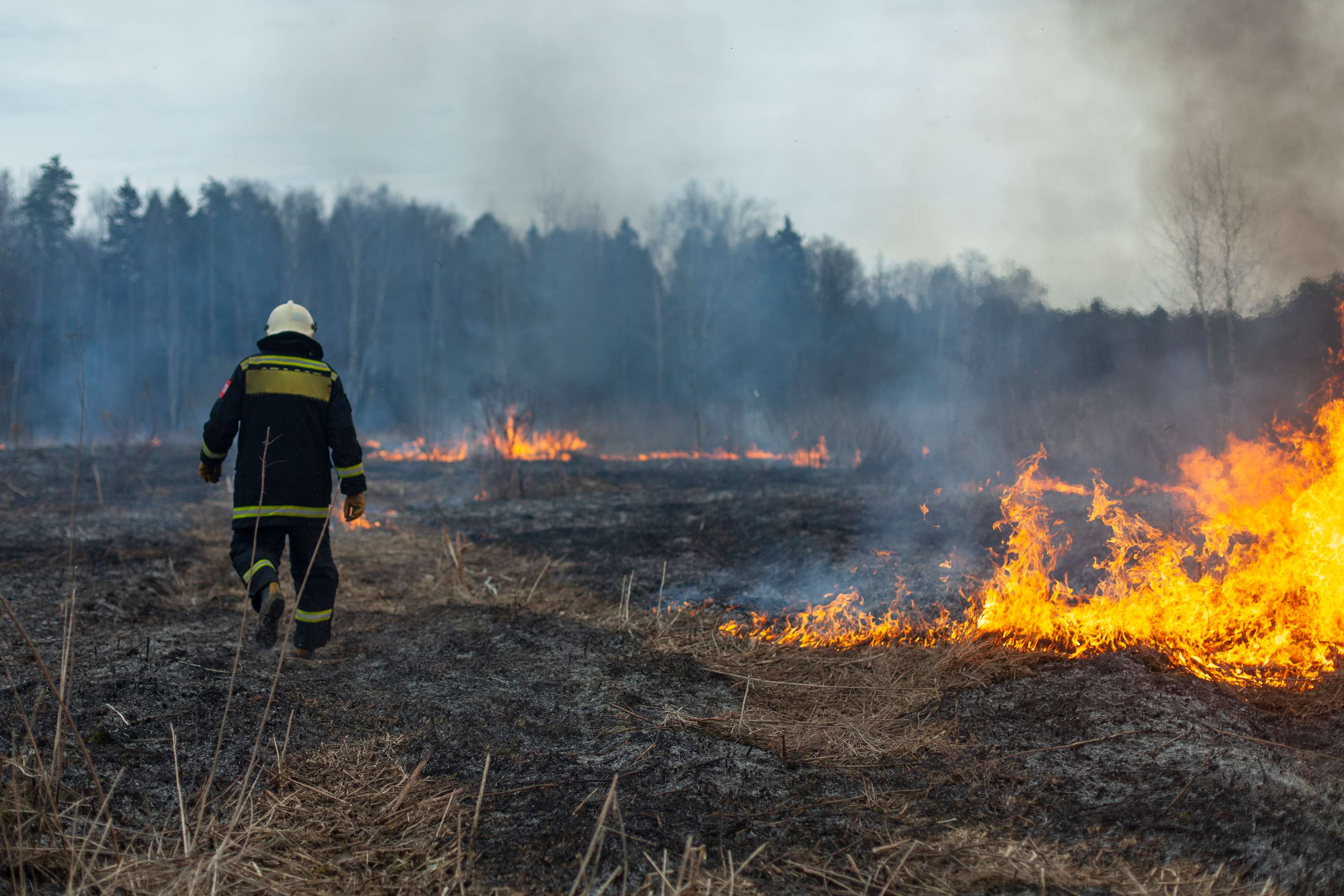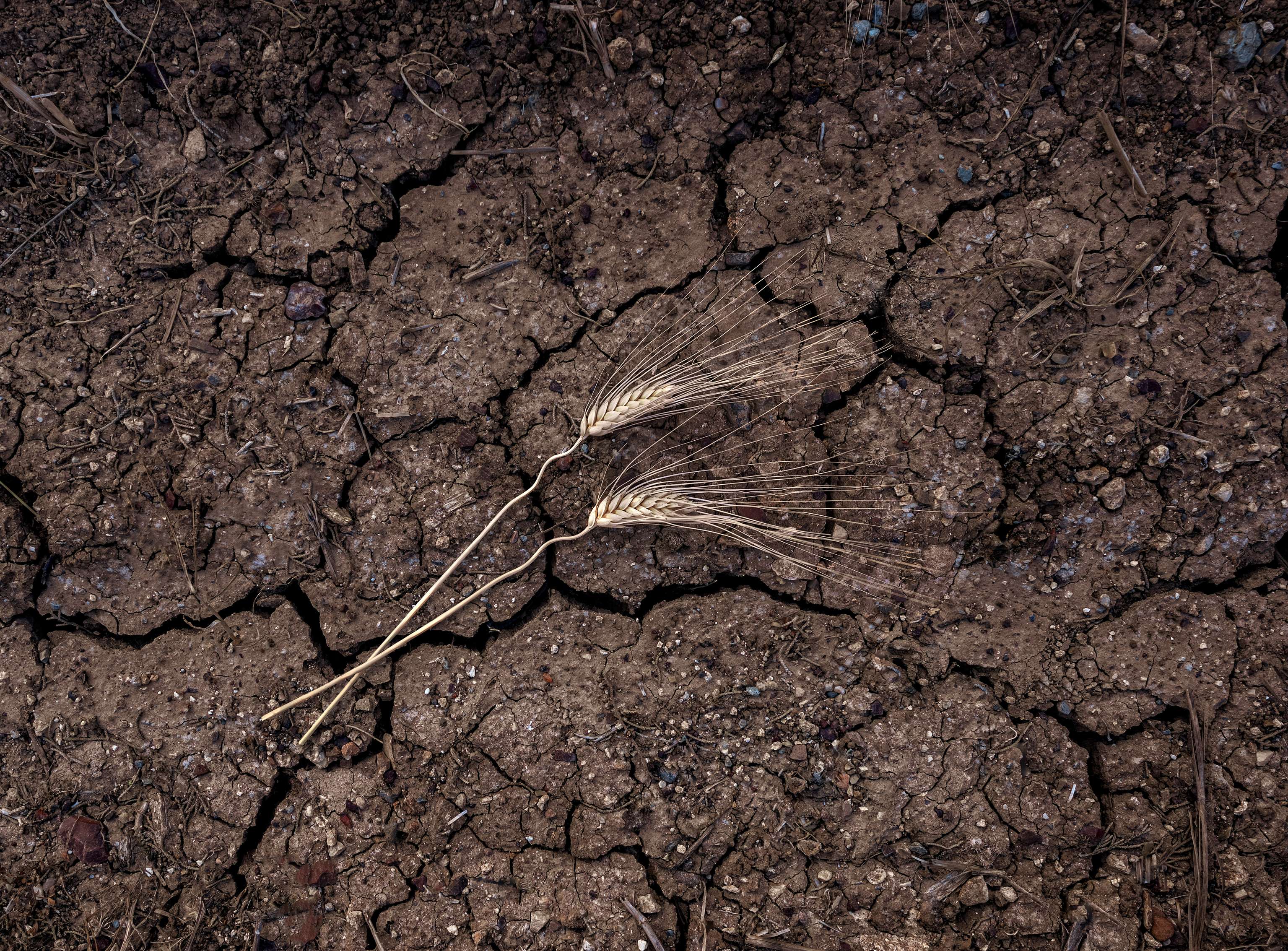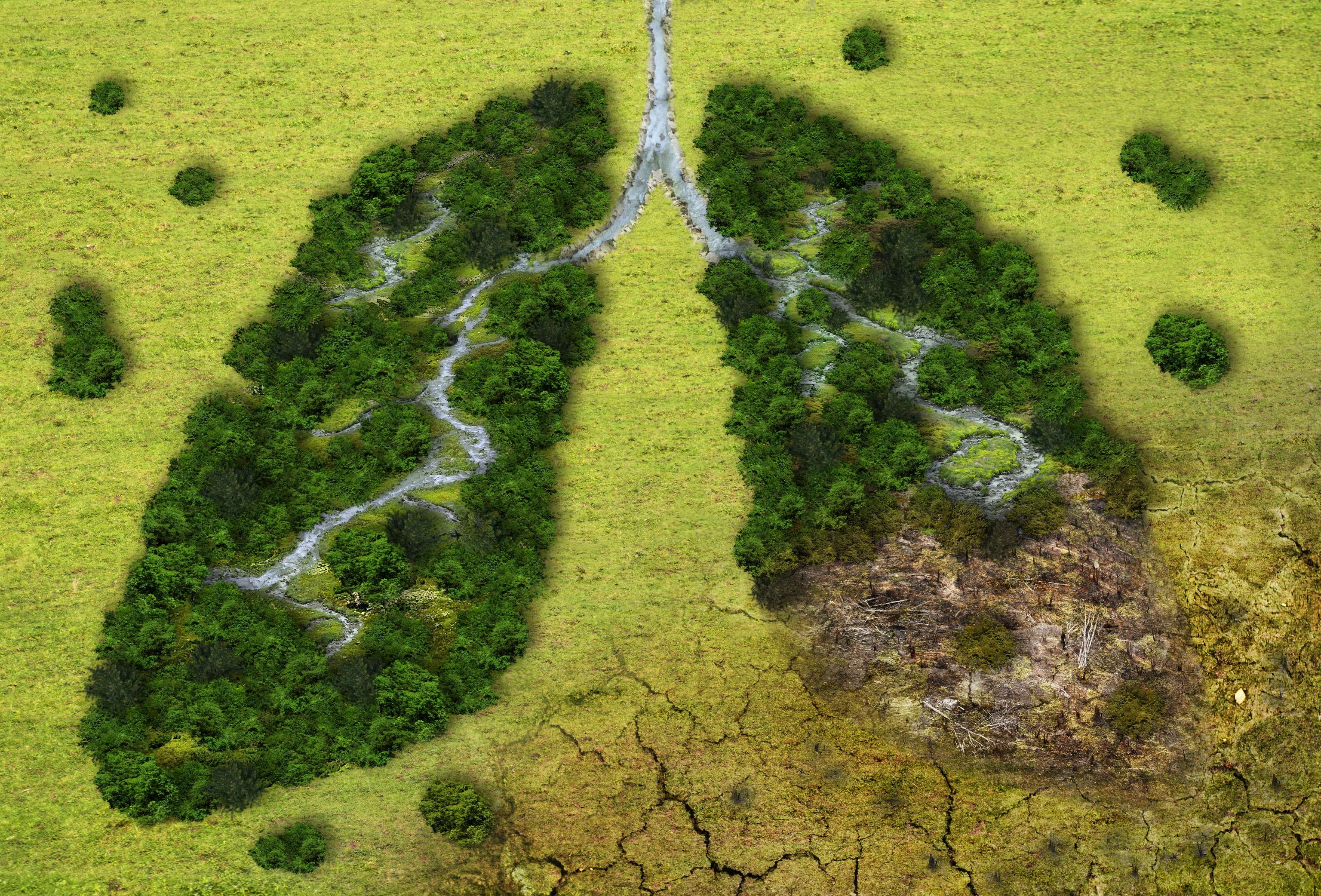Life-threatening extreme weather events are becoming increasingly frequent. Changing weather conditions are becoming increasingly suitable for the spread of infectious diseases and the emergence of new diseases and zoonoses (e.g., Sars-CoV-2). From 1951-1960 to 2012-2012, the likelihood of dengue fever transmission increased by 12% and the climatic suitability for malaria transmission increased by approximately 30%.
How the consequences of the climate crisis threaten our health

For the seventh time in a row, the medical journal "The Lancet" has published a report that examines the relationship between the climate crisis and health on the basis of five key areas. There is an increasing call to focus on people's health. Adding to the health, social and economic impacts of the climate crisis are the current consequences of the global energy crisis and the ongoing Covid19 pandemic, while arguing that it is not too late to prevent the worst impacts of climate change to create a healthier, safer and more equitable future.
Current situation and adverse health consequences
Reacting to the Lancet report, which has been published since 2015, UN Secretary-General António Guterres, calling for stronger action, said "The climate crisis is killing us." These clear words underscore the urgent warning of the 99 experts from 51 institutions and UN agencies who point to the devastating health consequences of the climate crisis in their report.
Increased emergence and spread of diseases

Increased mortality and morbidity
Due to global warming, heat-related deaths among vulnerable age groups increased by 68% over the past 20 years. Exposures to extreme heat have been observed to cause acute kidney damage, heat stroke, adverse pregnancy outcomes, worsening sleep patterns, and mental health effects. In addition, underlying exacerbations of existing respiratory and cardiovascular diseases, as well as increases in non-accidental or injury-related deaths, are associated with high heat exposures. At the same time, exposure to extreme heat also indirectly affects health by limiting people's ability to work and move around. Last year, for example, heat exposure resulted in 470 billion lost work hours worldwide, with associated potential income losses totaling $669 billion.

Over the past 10 years, 29% more land area worldwide has been affected by extreme drought at least one month per year than from 1951 to 1960, resulting in 61% more days of very to extremely high fire risk from the turn of the millennium to the past four years.
Food security

Heat and drought shortened the harvest season for corn, rice and cereals around the world in 2021. Countless extreme weather events were accompanied by massive crop destruction. With the increasing momentous drought of recent decades, more and more people are affected by drinking water shortages, and now nearly a hundred million fewer people can adequately feed themselves than in the period from 1981 to 2010. The number of undernourished people, already estimated at around 800 million between 2019 and 2020, is expected to increase by another 7 to 13 million this year. Russia's war against Ukraine, both of which account for large shares of global wheat and corn exports, further exacerbates food insecurity through supply shortages and further increases in food prices.
Healthcare
At the same time, health systems are under pressure from the consequences of the corona pandemic. Health systems need more resources for all areas of care and better preparation for the consequences of climate change. There is a need for an expansion and reconstruction of health care facilities, which at the same time takes climate neutrality into account.
Dependence on coal, gas and oil
The key finding of this year's report is that continued reliance on fossil fuels exacerbates the health impacts of the simultaneous crises facing the world's population.

The dependence on fossil fuels, as well as the delayed introduction of and unequal access to clean energy, is burdening private households with constantly rising energy prices, resulting in a steady increase in energy poverty. Furthermore, millions of people are exposed to air pollution caused by fuels that are harmful to health.
Despite these health harms, governments and corporations continue to prioritize fossil fuels and subsidize them to the tune of hundreds of billions of dollars annually, according to the Lancet Countdown Report. These amounts are comparable to, and in some cases are said to exceed, total health budgets. With energy consumption on the rise, energy-related CO2 emissions reached an all-time high in 2021, and oil and gas companies made record profits last year. At the same time, however, there is a lack of funding for an equitable and health-promoting energy transition.

The year 2022 marks the 30th anniversary of the signing of the UN Framework Convention on Climate Change. In it, countries agreed to prevent climate change and its harmful effects on human health and welfare, but meaningful action that could prevent or minimize most of these climate impacts has hardly followed, the report's authors report. To the contrary, the experts speculate, current policies are putting the world's climate on track for a catastrophic 2.7 °C rise by the end of the century, the carbon intensity of the global energy system has only decreased by less than 1% since the UN Framework Convention was established, and global electricity generation is still dominated by fossil fuels, while renewables account for only 8.2% of the global total.
The report, which has been published since 2015, emphasized this year that pursuing these strategies is leading the world into a more consequential warmer future with dire health consequences.
There is hope
Despite all the worsening crises, there is an opportunity to prevent the worst impacts of climate change to enable a healthier, safer and more equitable future.

A significant role is played by the shift away from fossil fuels, which could prevent 1.2 million deaths annually through better air. Of high importance here is the shift to renewable energy sources to build more resilient energy networks and reduce energy poverty. Despite the still insufficient overall clean energy supply, it was at an all-time high in 2020, and in 2021, carbon-free energy sources accounted for more than 80% of investment in power generation.
Making cities greener and more livable could improve people's physical and mental health, and climate adaptation could enable health systems to better prepare for extreme weather and climate-related disease outbreaks.

Another focus should be on low-carbon, plant-rich die ts, which would lead to more fruit and vegetable consumption and lower consumption of red meat and dairy products.
Media coverage of health and climate change is increasing every year, public engagement with the health aspects of climate change is intensifying, and a large proportion of world leaders also drew attention to climate change and health in the UN General Debate in 2021, for example. This increased awareness should now be urgently translated into action to ensure the health and survival of the world's population.
Conclusion
For this year's Lancet Countdown Report, researchers around the world examined the health consequences of the climate crisis and what benefits climate action could deliver for the health of the global population. This year's report shows that the consequences of the climate crisis are just rapidly worsening, with everyone's health threatened by continued dependence on fossil fuels. According to the Lancet, this dependence is driving climate change while exacerbating the other crises of the day, and while governments continue to rely on and subsidize health-threatening fossil fuels, the failure to prioritize reset funding for a healthy future is becoming clear. Immediate promotion and implementation of existing and new climate action is needed to prevent the worst impacts of climate change and create a healthier, safer, and more equitable future.
Sources
- Romanello, M. et al. (2022). The 2022 report of the Lancet Countdown on health and climate change: health at the mercy of fossil fuels. The Lancet, 400(10363), 1619-1654.
- Lancet Countdown. (2022). Explore the key findings of the 2022 report of the Lancet Countdown. Visual Summary.
- The Lancet. (2022). The Lancet Countdown on Health and Climate Change: 2022 report. YouTube.
- António Guterres on. (2022). Twitter.
- Fossile Energieträger bedrohen Gesundheit und Leben. (2022). Bundesärztekammer. F7

Olivia Malvani, BSc
Last updated on 22.12.2022
Your personal medication assistant
Browse our extensive database of medications from A-Z, including effects, side effects, and dosage.
All active ingredients with their effects, applications, and side effects, as well as the medications they are contained in.
Symptoms, causes, and treatments for common diseases and injuries.
The presented content does not replace the original package insert of the medication, especially regarding the dosage and effects of individual products. We cannot assume liability for the accuracy of the data, as the data has been partially converted automatically. Always consult a doctor for diagnoses and other health-related questions.
© medikamio